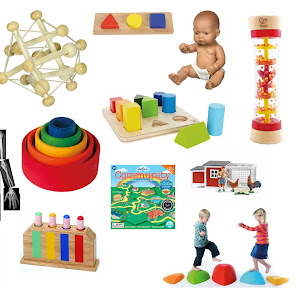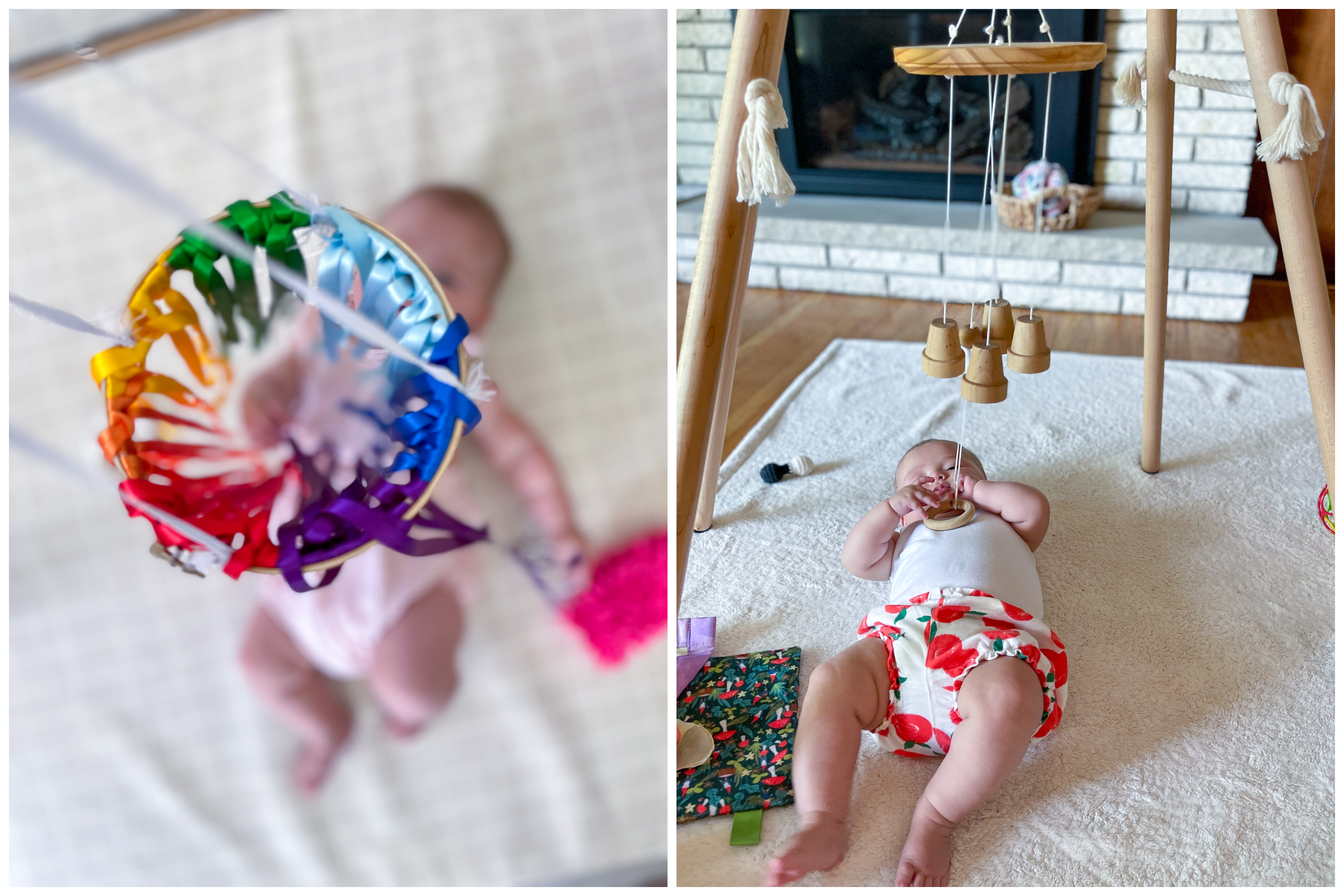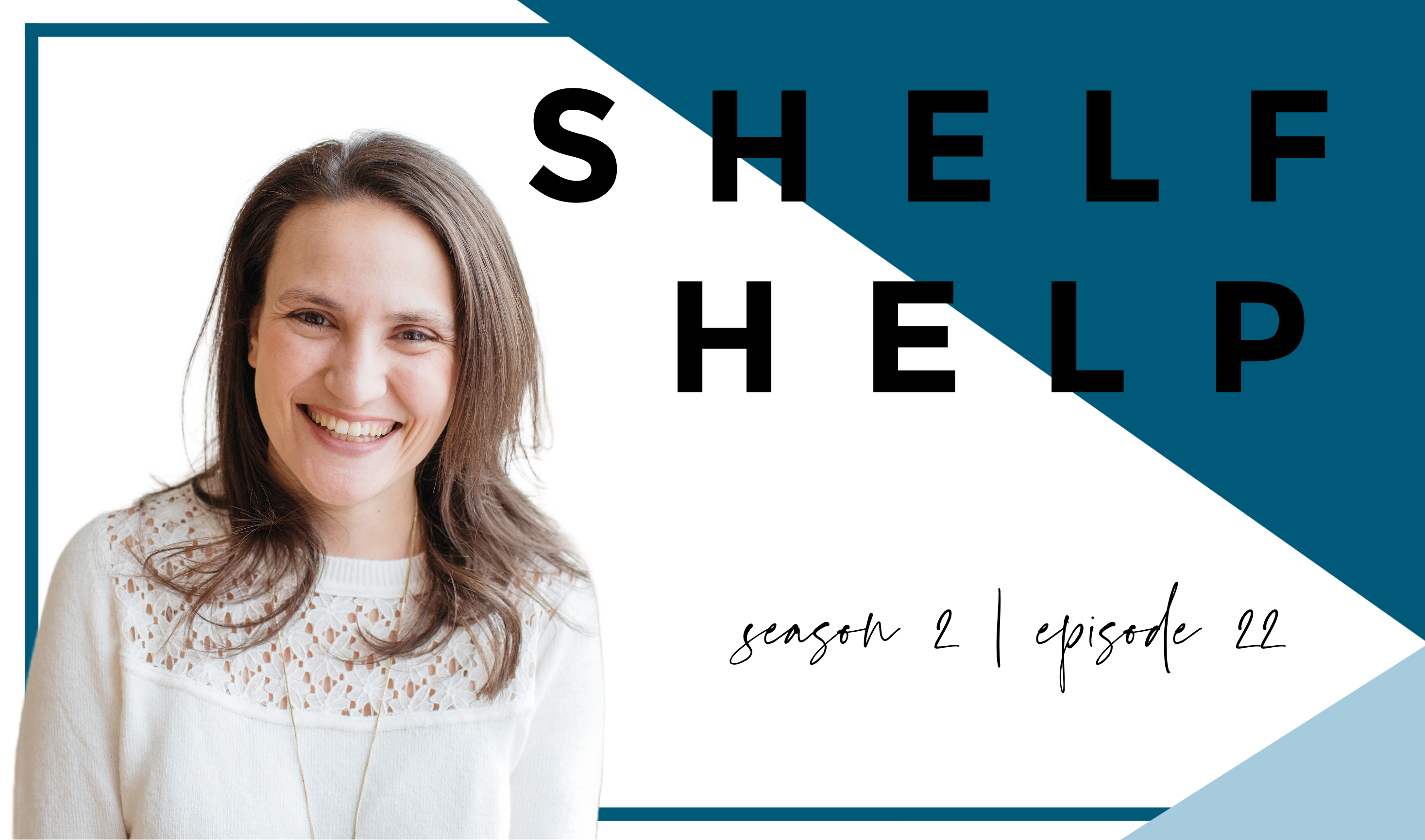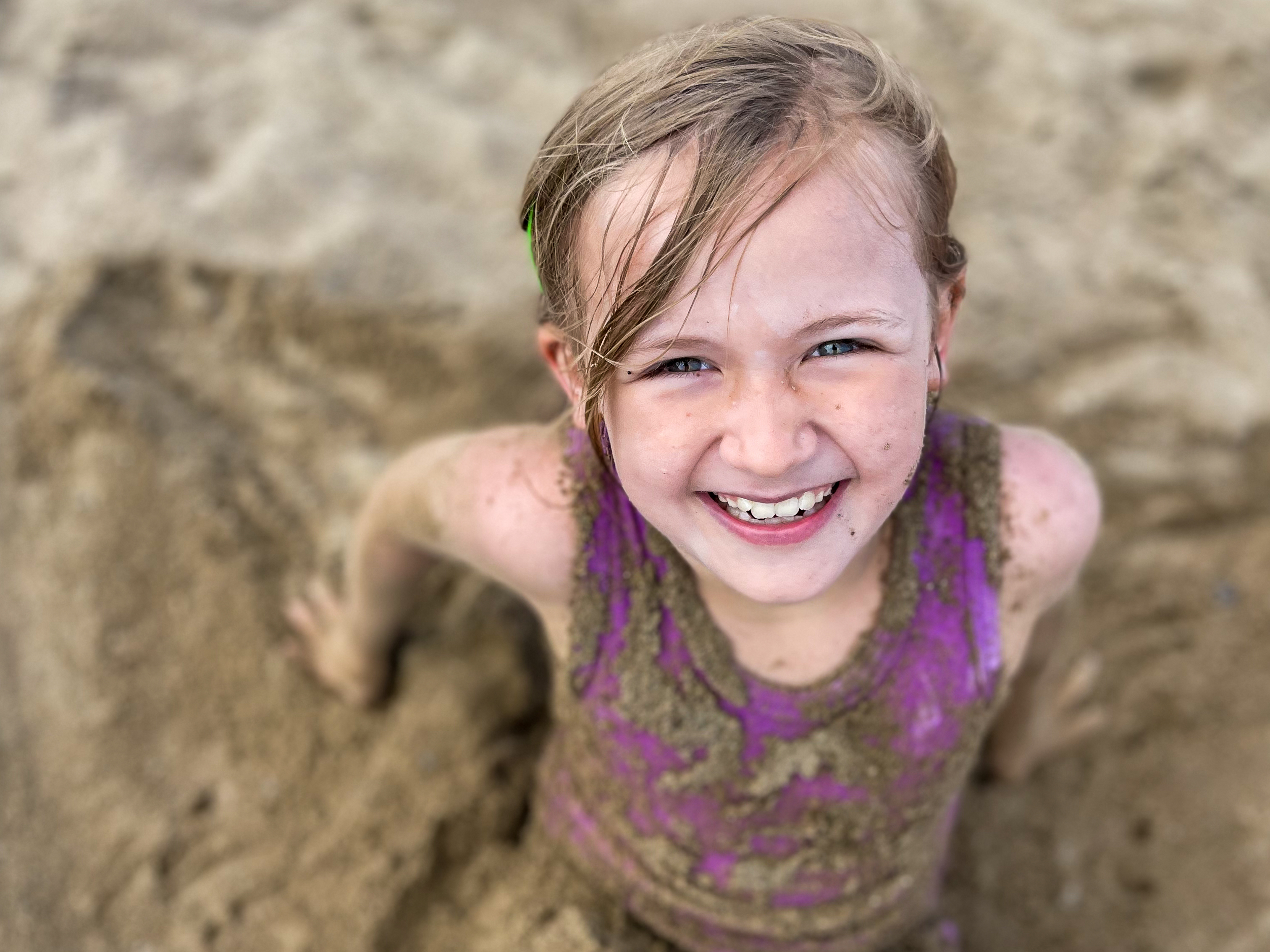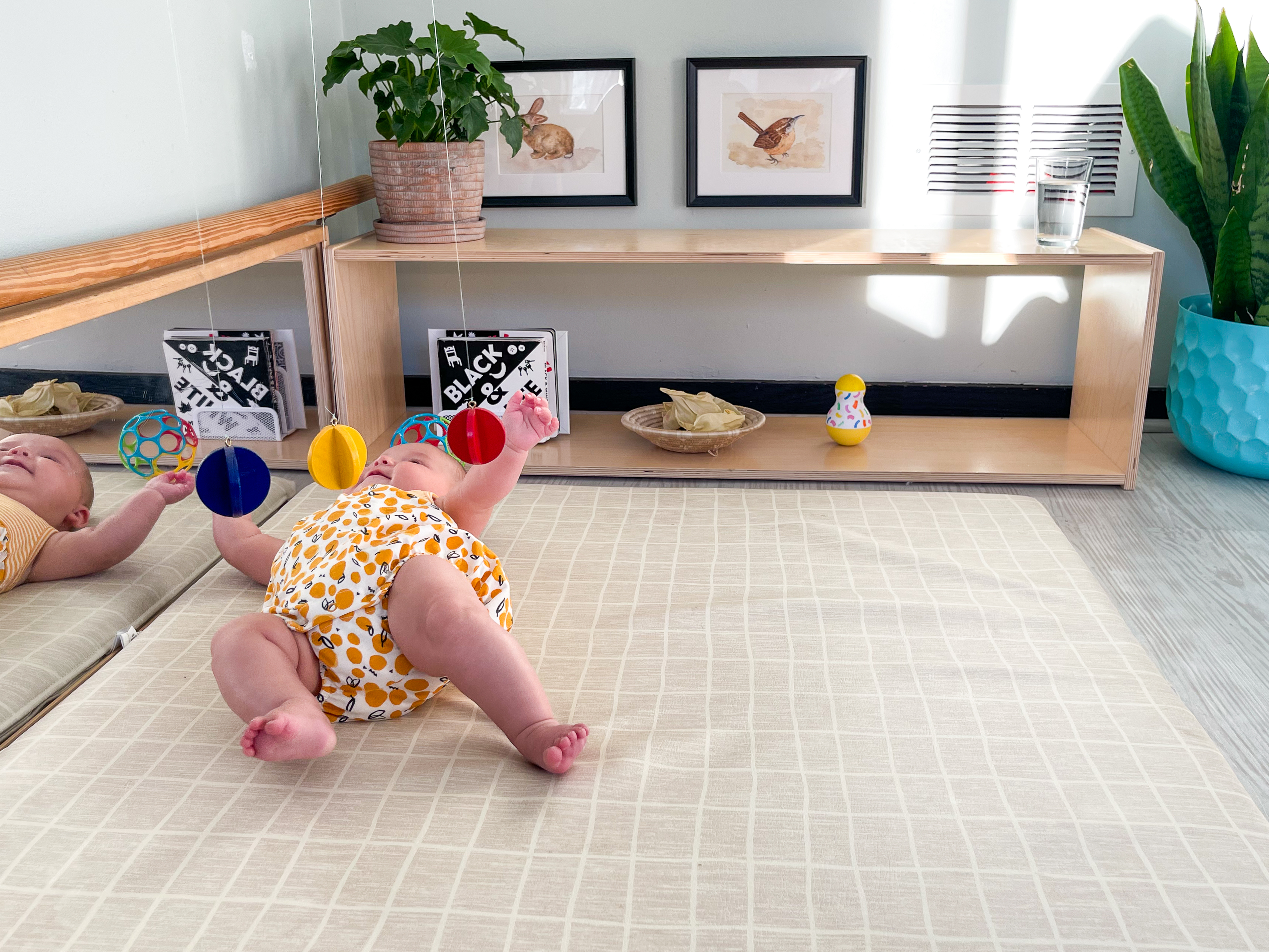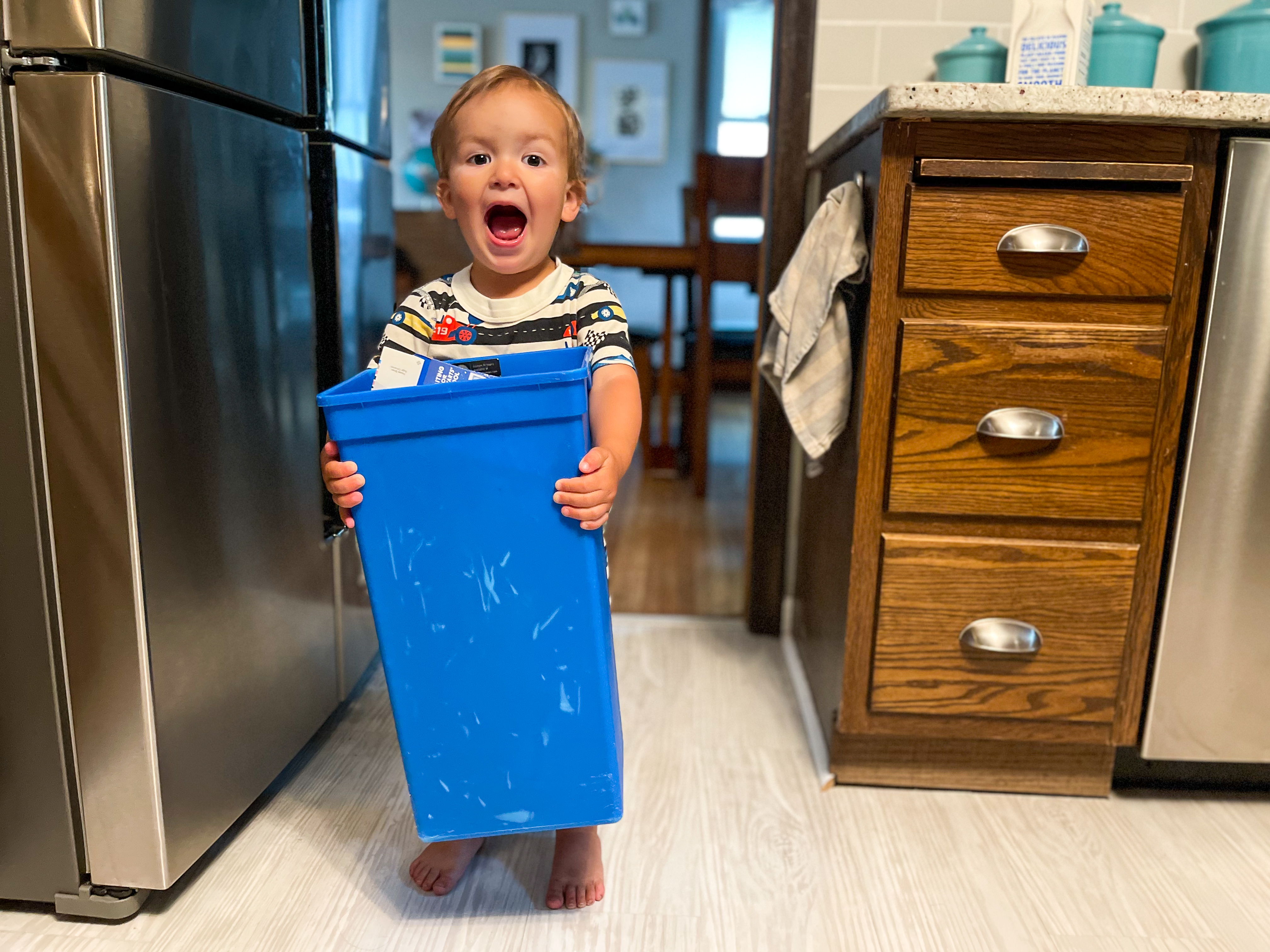Summer is upon us here and it is in full swing. And with it the size of my children's stomach has somehow doubled - just kidding! But, seriously, home for the summer somehow means that my children want nothing to do with meals and just want to eat 1,000 snacks all day long. Well, that sounds great, except for our actual food supplies and budget! So, this summer we are trying something new here to give our children access to the snacks but also limit complete free range snacking.
